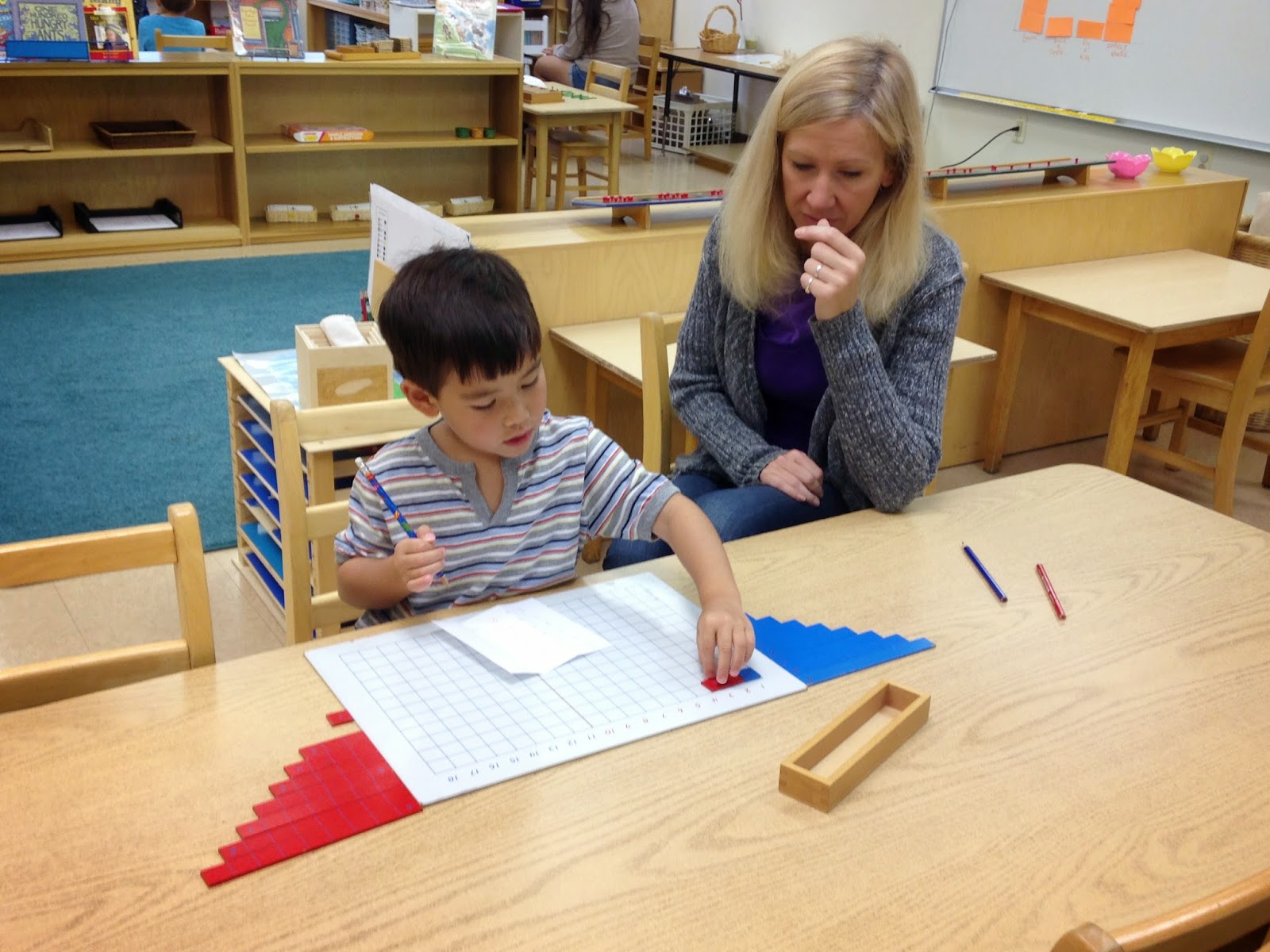Summer Slide
For this week’s Blog we have condensed and included a portion of Chick Moorman and Thomas Heller’s Summer Slide article.
"School's out. School's out…” And now you get them. What are you going to do with them now? If you're not careful, the summer slide will take effect shortly. It may have already begun with your children.
The summer slide we are talking about is not found at a well-known water park. Nor is it at the county recreation area down the road. It isn't next to the swing set in your neighbor's backyard. If you don't know what it is, there is a good chance it will be using it to slip and slide this summer.
The "summer slide," often referred to as the "summer brain drain," is a regular and predictable phenomenon that happens each summer. Student grade-level achievement scores in math and reading typically drop 2 to 3 months each summer. It often takes teachers a couple of months to get students back up to the exact grade level they were at when school ended at the beginning of summer.
Are you taking your children to the library this summer?
Will they help you read the recipe in your kitchen and do the math involved with portion sizes?
Can they keep track of the cost of the groceries in the cart and let you know when you approach 50 dollars?
Will you commit to using electronic devices (computers, iPads, tablets, smart phones) as tools, not toys? Will you turn off the TV and get away from the video games?
Will you each learn a new word at dinner and use it with each other?
Are you using road trips as an opportunity to have your children calculate the mileage by using a map and adding up the distance indicated on the map? Do you challenge them to explain what "miles per hour" means and how to compute it?
Will journal writing be a method of keeping your child’s writing and penmanship skills sharp?
Will you read each night to the little ones and have a regular reading time for those who are older?
Can you keep summer learning fun by playing games that require the use of skills learned in school?
Chick Moorman and Thomas Haller are the authors of many parenting books and are experts on the subject of raising responsible, caring, confident children. To obtain more information visit their website today: www.uncommon-parenting.com

